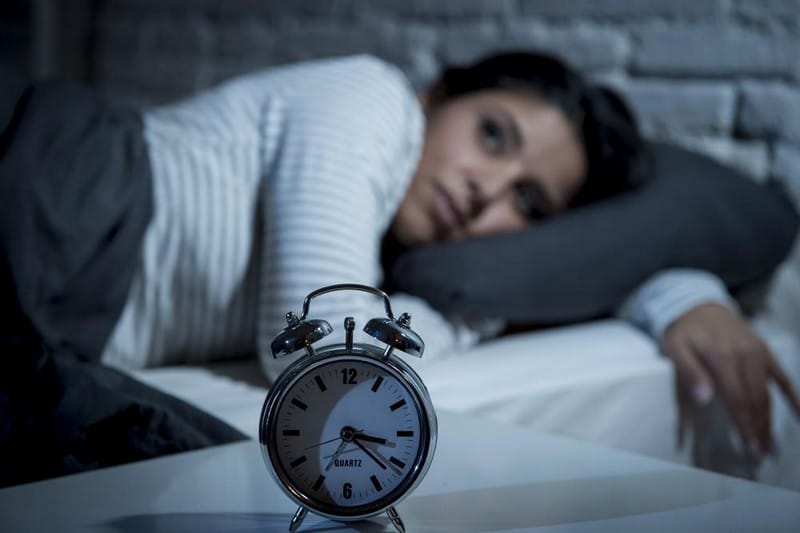Changes in Sleep Patterns

When a habitual behavior or lifestyle is abruptly changed, it may trigger intense withdrawal symptoms such as sugar withdrawal. Hormonal alterations and the body’s dependence on sugar-induced dopamine spikes may damage the circadian rhythm and ability to sleep well. The pineal gland, where dopamine exerts its influence, plays a critical role in determining the human circadian rhythm, the series of biological processes that allows brain activity to adjust to the time of day. The sleep-wake cycle is regulated by both dopamine and serotonin. Dopamine’s ability to block norepinephrine’s activity is one of the mechanisms through which it boosts alertness. Serotonin has a role in staying awake, entering sleep, and blocking REM cycles. Furthermore, it’s a prerequisite for making the sleep hormone melatonin.
Although the sleep disruption caused by sugar withdrawal will only persist for a few days to several weeks, it can significantly impact everyday activities regardless of age. Adverse effects on stress reactivity, quality of life, emotional distress, mood disorders, cognition, memory, and performance, may be seen immediately after sleep deprivation in otherwise healthy persons. Sleep disruptions in adolescents may negatively affect their mental health, academic performance, and risk-taking behaviors. Disrupted sleep has been linked to negative behavioral and cognitive outcomes in children.










